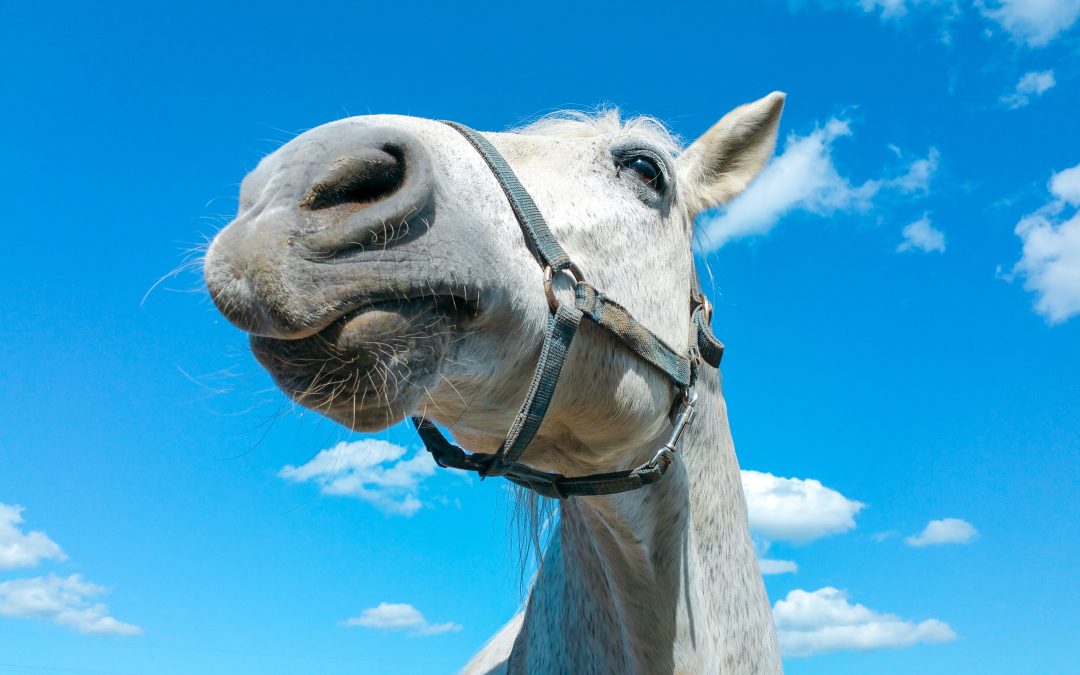This spring and summer has been highly unusual and the continuing heat with increased temperatures doesn’t fit in well with our four legged friends routines. Heat waves like the one that is expected over the next 7 days brings it’s own issues for our four legged friends. Impaction colic (from reduced water intake), spasmodic colic from eating grass (that is high in sugar), laminitis, flies and asthma are the main concerns during overly warm weather.
Impaction colic:
Caused by horses not drinking enough water or moving enough during heat waves. To help minimise the risks try a few of these handy tips:
- Increase water intake by freezing water into big blocks of ice and putting them in the stable or field for horses to eat.
- We find freezing low sugar treats such as cucumber, celery and the odd slice of apple into the water helps to make the ice more palatable for horses
- Soak their hay – this also reduces the chances of spasmodic colic by decreasing the amount of sugar in their diet, if they are still being supplemented with hay.
- NEVER soak haylage – it causes fermentation in the food and this can cause it’s own set of expensive problems.
- Keep them moving – exercise in early morning or late evening.
- To keep gut content passing through, horses need to keep moving. If they stop then they are more likely to have issues with food in the gut becoming impacted.
- Cold hose before and after work if the temperature is above 25 degrees.
Spasmodic colic:
- This happens when the grass flushes. This is common when the ground is warm and there has been some rain in the previous 7 days.
- Grass flush causes large amounts of sugar to be present in the grass
- This in turn causes a large amount of sugar to be consumed, which in turn produces a lot of gas in the horse
- Clinical signs are colic signs and veterinary treatment should be sought as soon as you see them
- To reduce the risk of spasmodic colic
- reduce the amount of grazing time the horse has
- turn out at night after dark and bring in during the day
- when turning out the graze ensure they go out on a full tummy rather than an empty one
- Feed them a scoop of soaked speedibeet (low in sugar) and a small net before letting them out
Laminitis:
During a heat wave and for a min of two weeks after there is always a risk of this. If your horse or pony has had laminitis previously ensure that you are monitoring the pulses in their feet. Watch their weight and if concerned call the vet.
Flies:
Flies have been horrendous this year. Flies can cause a variety of issues in horses from conjunctivitis through to irritated skin from bites. These issues are both painful and annoying to both horse and human.
There are many fly repellents on the market and some are better than others. We recommend using Deosect Equine made up as a spray and used twice a week to stop the flies landing and biting. Cattle fly ear tags attached to rugs also help, though be careful with dogs and children on the yard when using them.
A good quality UV fly mask will stop them landing and biting.
Asthma:
This has been a horrendous year for humans, horses and dogs. Ensuring your horse has access to well ventilated areas, soaked forage and grazing out with early morning and early evening is recommended as this is usually when the pollen count is at it’s highest. Allergy testing can also be done to find out which pollens your horse is allergic to. Asthma can be hard to tackle and control but with the right advice from your vet and careful management it can be controlled.
As always, if you have any doubts about any of these conditions, phone your vet. A phone call is free and it may help save a more expensive bill further down the line. We are always available on 01782 898102.

